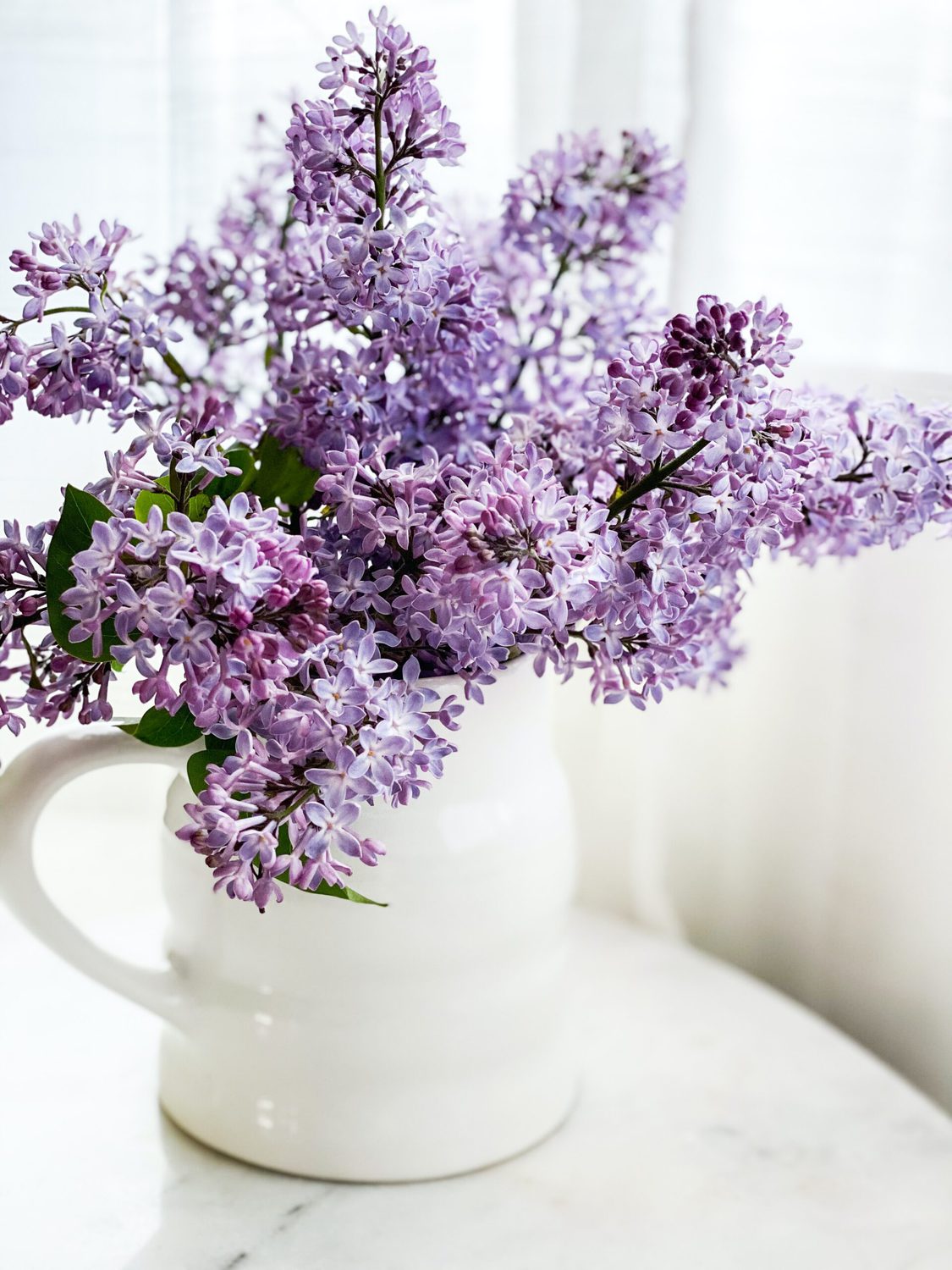Sympathy Flowers That Speak from the Heart
When words feel inadequate, flowers offer a silent, yet deeply moving way to express what’s in our hearts. In times of loss and mourning, sympathy flowers can convey love, remembrance, and solace in a way nothing else can. A well-chosen bouquet doesn’t just decorate a room—it comforts those grieving, honors the memory of the departed, and reminds us that we are not alone.
In this guide, we’ll explore how sympathy flowers serve as a powerful tribute, the significance of various blooms, how to choose the right arrangement, and how modern sympathy flower delivery services make it easier than ever to offer comfort from near or far.
The Language of Flowers in Times of Loss
Flowers have long held a sacred place in the rituals of mourning. From ancient funerals to modern memorials, floral offerings have been used to express emotions that words often fail to capture. Each flower, color, and arrangement carries its own unique message.
For example:
- Lilies symbolize the restored innocence of the departed soul.
- Roses—in soft pink or white—convey love, grace, and reverence.
- Chrysanthemums (especially in Europe and Asia) are traditionally associated with grief and remembrance.
- Gladioli represent strength of character, integrity, and sincerity.
- Carnations often evoke admiration and eternal love.
These blooms, thoughtfully selected, become more than just decorations. They offer a kind of emotional shorthand—an elegant, compassionate way to reach out during life’s most difficult moments.
Why Sympathy Flowers Matter
When someone is grieving, small gestures can provide immense comfort. Sympathy flower delivery allows you to show that you care, even if you can’t be there in person. Sending flowers can be a source of peace and reassurance to families dealing with loss.
Flowers:
- Offer visual comfort in emotionally heavy environments.
- Provide a sense of care and connection to the grieving family.
- Honor the life of the deceased with dignity and beauty.
- Help people feel remembered and supported.
Whether sent to a funeral home, a church, or directly to a family’s home, sympathy flowers serve as a bridge—connecting hearts across space and sorrow.
Choosing the Right Sympathy Arrangement
When selecting a sympathy arrangement, it’s important to consider the tone, message, and relationship to the deceased. While there’s no strict formula, a few guidelines can help you make an appropriate and heartfelt choice.
1. For Immediate Family Members
Large standing sprays, casket covers, or wreaths are traditional choices. These arrangements are bold, often featuring lilies, roses, orchids, and other significant blooms.
2. For Extended Family or Close Friends
Basket arrangements or medium-sized bouquets with a message of support are a thoughtful choice. These can include a mix of calming colors—white, soft pinks, lavenders, and blues.
3. For Acquaintances or Colleagues
A modest vase arrangement or a sympathy plant (like a peace lily) is respectful and comforting. These gestures let the recipient know you are thinking of them during their time of grief.
4. For Home Deliveries
Consider arrangements in vases or containers that can be displayed easily in the home. These are particularly comforting for recipients who may be dealing with grief in a more private setting.
The Meaning Behind Sympathy Flower Colors
Colors carry emotional energy and symbolic significance. When choosing a sympathy flower delivery, the color of your arrangement can subtly influence the message you send:
- White: Purity, peace, and reverence.
- Pink: Grace, sympathy, and compassion.
- Red: Deep love and respect.
- Yellow: Friendship and a celebration of life.
- Purple: Dignity, spirituality, and sorrow.
- Green: Renewal, hope, and rebirth.
Understanding these color associations can help ensure that your arrangement feels intentional and aligned with your sentiments.
Sympathy Plants: A Living Tribute
While cut flowers are a timeless gesture, sympathy plants offer a living tribute that continues to grow long after the services are over. Popular choices include:
- Peace lilies, known for their graceful white blooms and symbolism of peace and purity.
- Orchids, which convey lasting beauty and strength.
- Succulents, low-maintenance yet enduring, representing resilience and lasting affection.
- Ficus or rubber plants, symbolizing strength and stability.
These plants can be accompanied by a thoughtful card or message and make a long-term gift that reminds loved ones they’re supported—even as time moves on.
The Rise of Sympathy Flower Delivery Services
Modern technology has revolutionized the way we send sympathy flowers. In the past, ordering flowers for a funeral or a grieving family required visiting a florist in person. Today, sympathy flower delivery services allow you to select and send the perfect arrangement from anywhere in the world.
These services:
- Offer same-day or next-day delivery options.
- Provide a wide range of floral designs to suit various relationships and budgets.
- Include personalized message cards.
- Allow delivery to funeral homes, churches, or personal residences.
Many florists now offer online tools to help guide you through the process—suggesting appropriate arrangements, helping you write a meaningful note, and ensuring timely delivery.
Tips for Writing a Sympathy Card Message
The card that accompanies your flower delivery adds another layer of thoughtfulness to your gesture. Here are a few ideas to inspire a heartfelt note:
- “Thinking of you during this difficult time. With deepest sympathy.”
- “Wishing you peace and comfort as you remember your loved one.”
- “May the beauty of these flowers bring a little light to your day.”
- “With love, from all of us. You are in our hearts and prayers.”
- “A life well lived and dearly remembered. Our thoughts are with you.”
Even a simple line of support can provide solace. The important thing is to let the recipient know they are not alone in their grief.
Sympathy Flowers for Cultural and Religious Traditions
Different cultures and religions have unique customs around mourning and floral gifts. When sending flowers, it’s helpful to be aware of these differences:
- Christian Funerals: Most arrangements are welcome, especially lilies, roses, and carnations.
- Jewish Funerals: Traditionally, flowers are not sent to the funeral home or service. Sending them to the family home during the shiva period is more appropriate.
- Muslim Funerals: Flowers may be acceptable, but modesty is key. White flowers are usually safest.
- Hindu Funerals: Flowers such as marigolds and jasmine may be used. Avoid arrangements that are too ornate.
- Buddhist Funerals: White flowers are considered appropriate; red is typically avoided.
If you’re unsure, contact the funeral home or a family member to ask about preferences. This ensures that your gesture is received as respectful and supportive.
When to Send Sympathy Flowers
There’s no perfect time to send sympathy flowers—any moment is the right one if it helps ease someone’s grief. However, here are a few thoughtful timing options:
- Before the funeral: Sending flowers to the service is a traditional gesture of support.
- After the funeral: A delivery to the family’s home helps continue support once visitors have gone.
- On anniversaries: The anniversary of a loved one’s passing can be a difficult time; a bouquet or plant can serve as a meaningful reminder.
- During holidays: Grief can be especially heavy during festive times. A floral gift brings a gentle presence and acknowledgment of ongoing loss.
Remember, it’s never too late to reach out with compassion.
Supporting Local Florists with Sympathy Flower Delivery
When you choose a local florist for your sympathy flower delivery, you’re not just sending flowers—you’re also supporting a small business in your community. Local florists often provide a more personal touch, greater attention to detail, and higher-quality blooms than large chains.
Benefits include:
- Custom, hand-designed arrangements.
- Knowledge of local funeral home policies and logistics.
- More direct communication and flexibility.
- Greater care in crafting and delivering meaningful tributes.
When possible, look for florists who specialize in sympathy arrangements and understand the sensitive nature of grief support.
Final Thoughts: Let Flowers Speak When Words Fall Short
In life’s most tender moments, it can be difficult to know what to say. That’s where sympathy flowers step in—to express what words cannot. Whether you choose a simple white bouquet, a personalized sympathy plant, or a standing spray for the service, your gesture offers warmth, presence, and love.
Through the convenience of sympathy flower delivery, you can now share comfort across any distance. It’s a way to remind someone that they are seen, supported, and surrounded by care.
So when you feel the urge to reach out in times of sorrow, trust that flowers will speak your heart—and that gesture will never go unnoticed.

